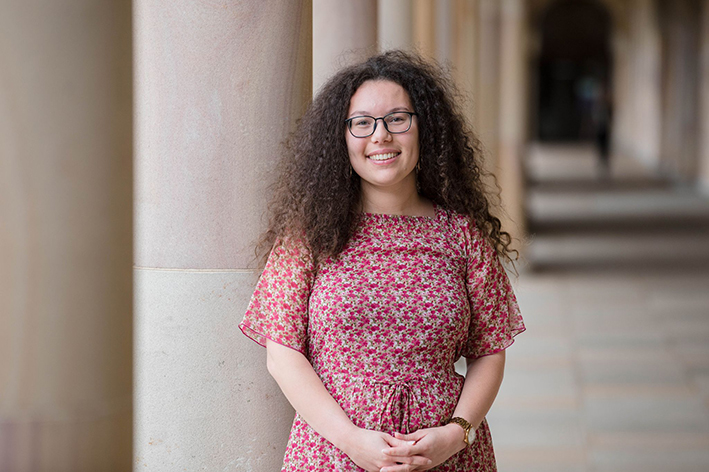Dominant Western discourses in Martín Gusinde’s monograph on the Kawésqar world and southern Chile: A decolonial analysis
Abstract:
Martín Gusinde (1886-1969) was an Austrian Society of the Divine Word priest and anthropologist, who became a prominent and influential intellectual figure in early 20th century Chile (Olivares et al., 2023). Gusinde’s legacy continues to be visible in the public as well as academic sphere in Chile today, evidenced, for example, in the Museo Antropológico Martín Gusinde [Martín Gusinde Anthropological Museum] and his well-known anthropological photography (Zittlau, 2021). The regions of present-day Chilean and Argentine Patagonia are the ancestral territories of Indigenous peoples including the Kawésqar, Yagán, and Selk’nam societies. Over the course of four fieldwork trips to Patagonia between 1918 and 1924, Gusinde studied these three societies. While there are multiple critical studies of the priest-anthropologist’s work from fields including anthropology and history, or that address his photography (Butto and Fiore, 2021), I use Critical Discourse Analysis to investigate Gusinde’s writing, and decoloniality to explore the ways the discourses reflect Western thought and the paradigm of modernity.
In this presentation, based on part of my doctoral thesis, I attend to the dominant modern Western discourses at play in Gusinde’s monograph on the Kawésqar world and Chilean Patagonia, with particular attention to his description of the Spanish Conquest of Chile and subsequent centuries of colonisation. The text is a site of overlapping anthropological, historical, and geographical discourses, which I explore as the product of specific Western ideological, cultural, historical, and academic contexts. My research is situated in the areas of Critical Cultural Studies, Critical Discourse Studies, Latin American Studies, and coloniality-decoloniality.
Speaker:
 Natalie Seif is a PhD Candidate at SLC. She holds a Bachelor of Education (Secondary)/Arts with Honours in Spanish, and her research interests include decolonial thought, Critical Discourse Analysis, and bilingualism. She has been using decolonial thought in her research since her Honours thesis and associated joint publication.
Natalie Seif is a PhD Candidate at SLC. She holds a Bachelor of Education (Secondary)/Arts with Honours in Spanish, and her research interests include decolonial thought, Critical Discourse Analysis, and bilingualism. She has been using decolonial thought in her research since her Honours thesis and associated joint publication.
